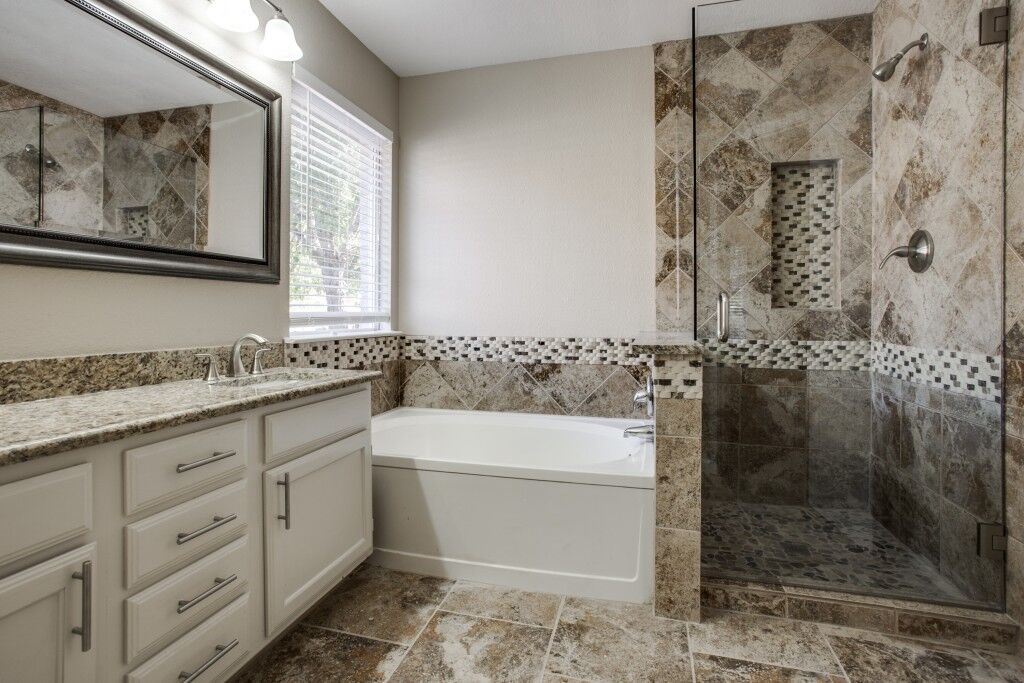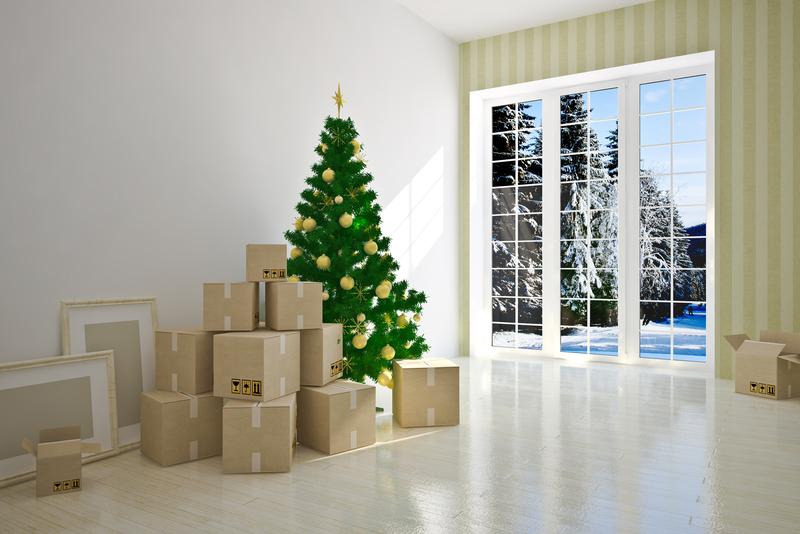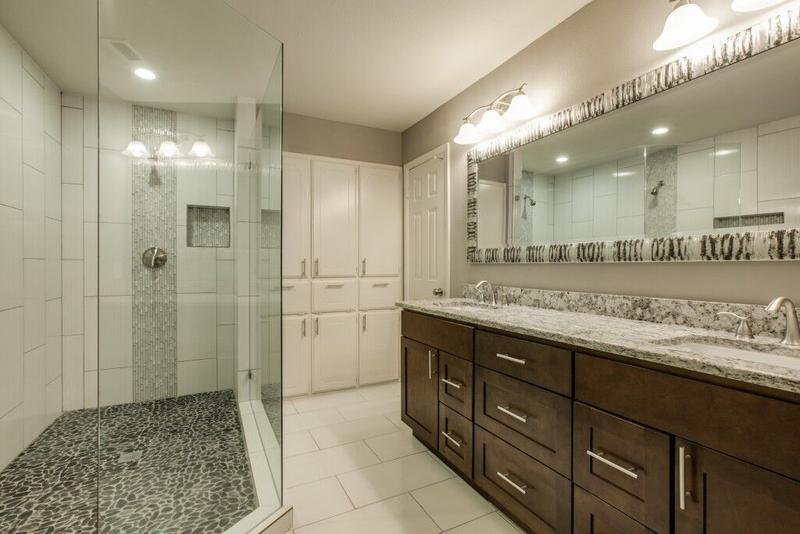Homes sell best when they have plenty of modern updates and are move-in ready, but not every seller wants to spend a lot of money updating a house they are going to sell. Luckily, there are plenty of ways to make a house shine without spending a fortune or hiring a contractor. Here are a few suggestions for an easy home makeover in 2017.
Paint the Walls
New paint makes a huge difference in how a house shows. A fresh coat of paint hides any signs of the previous owners’ decor while giving the house a fresh look. Avoid very trendy colors, as they might put off buyers who don’t have the same sense of style. Neutral colors are usually best, as they support almost any style of decorating, allowing buyers to more easily picture themselves living in the house.
Paint the Kitchen Cabinets
Is the kitchen an outdated eyesore? You can give this room a fresh new look with very little cost or hassle by painting the cabinets. For a professional look, be sure to remove all hardware before painting and take the doors off the cabinets so that you can paint them flat for a smooth, flawless finish.
Paint the Floors
Not to overdo it with the paint, but if you have unsightly floors, painting can fix them, too. You’d be surprised how good a painted floor can look, especially if you use high-quality floor paint to create an attractive pattern, such as a checkerboard with large, contrasting squares.
New Flooring
Another way to do an easy home makeover is by installing new, low-cost flooring. There are many inexpensive choices out there for thrifty do-it-yourselfers. There are vinyl self-stick tiles and cork flooring that comes in tiles that snap together for easy installation. As an added bonus, cork provides a smooth, cushy, and eco-friendly flooring option.
Update Light Fixtures
Updated light fixtures can make a huge difference in how a home shows, and they are fairly inexpensive and easy to install, making them a perfect choice for an easy home makeover. Outdated fixtures tend to give a home a neglected look, while bright, modern lighting will completely revolutionize the interior.
In addition, don’t overlook this opportunity to install ceiling fans. Replacing an overhead light fixture with one that includes a ceiling fan may not light up the room any better, but buyers do like ceiling fans for their ability to cool and circulate air.
Finishing Touches
Updating a home to sell it doesn’t have to be expensive. With paint and a few other supplies, a little attention to detail, and some creativity, you can make a property shine without having to spend a fortune.









